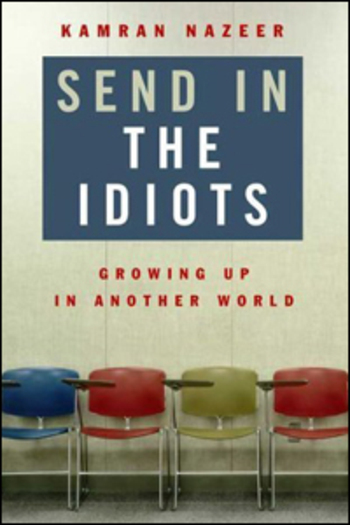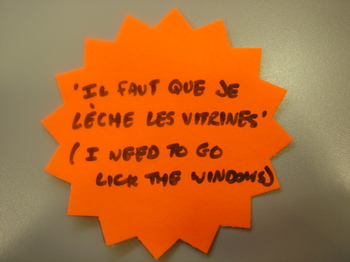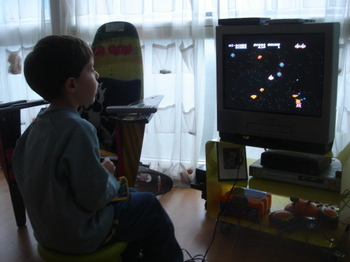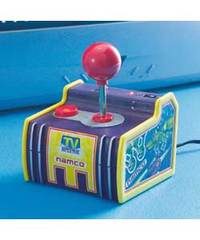
Seth Godin's new book is called Small Is The New Big, and I think I spent Thursday and Friday with a great example; Love Creative in Manchester (the website is here, it's pretty but a bit, you know, flash-heavy). They're almost 20 people doing all kinds of interesting stuff. Big, legitimate clients. They're ambitious, smart, creative and they're based in one of the most progressive and creative cities in the world. But I bet they fly under the radar of most of the London creative community. I'm hoping we can do all kinds of interesting things together. Partly because they're smart, partly because they're a laugh but mostly because they're the future of creative industries. Not all departmental. They do design, they do advertising, they do ideas. Small. Nimble. Outside London.
Driving home just made the point feel even more true, I kept getting stuck in those traffic jams that just appear because of 'sheer weight of traffic', no accident, no roadworks, no incident, just someone putting their brakes on extra heavy, the red-lights flow backwards and a mile further back a traffic jam starts. Which slows down the otherside of the road as they peer over to see what the jam's all about. That's how big organisations often feel to me. They're so heavy and dense with people and stuff crammed into an inhibiting system that the smallest incident brings everything to a halt. And the only way they can function is through active traffic management ie slowing everyone down so much that if something happens they can all react in time and avoid complete collapse. Which might work, but it's less than satisfactory.
Wheras a small organisation feels like driving at 3 in morning when the whole road's empty and the JBLs are rocking to the sound of Public Enemy.
Anyway, I really like Love. And small is the new big.
















